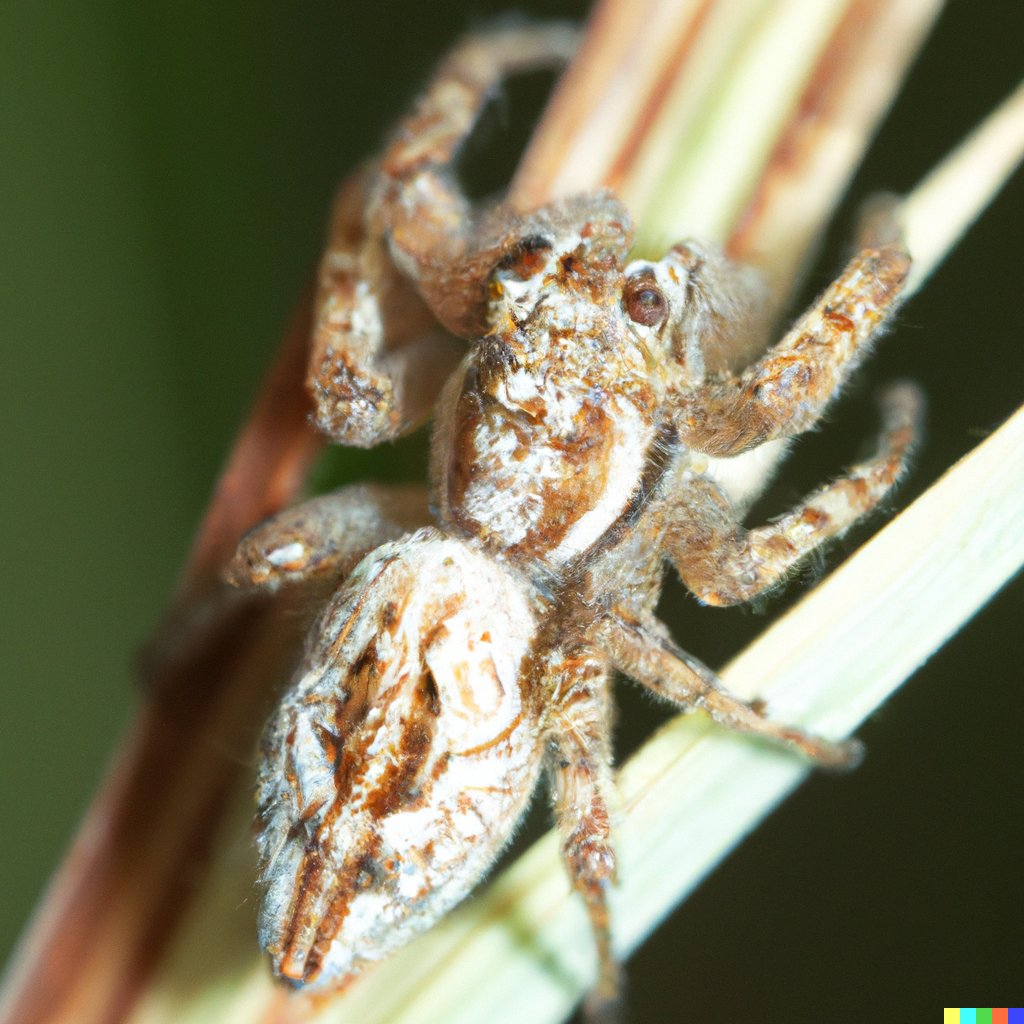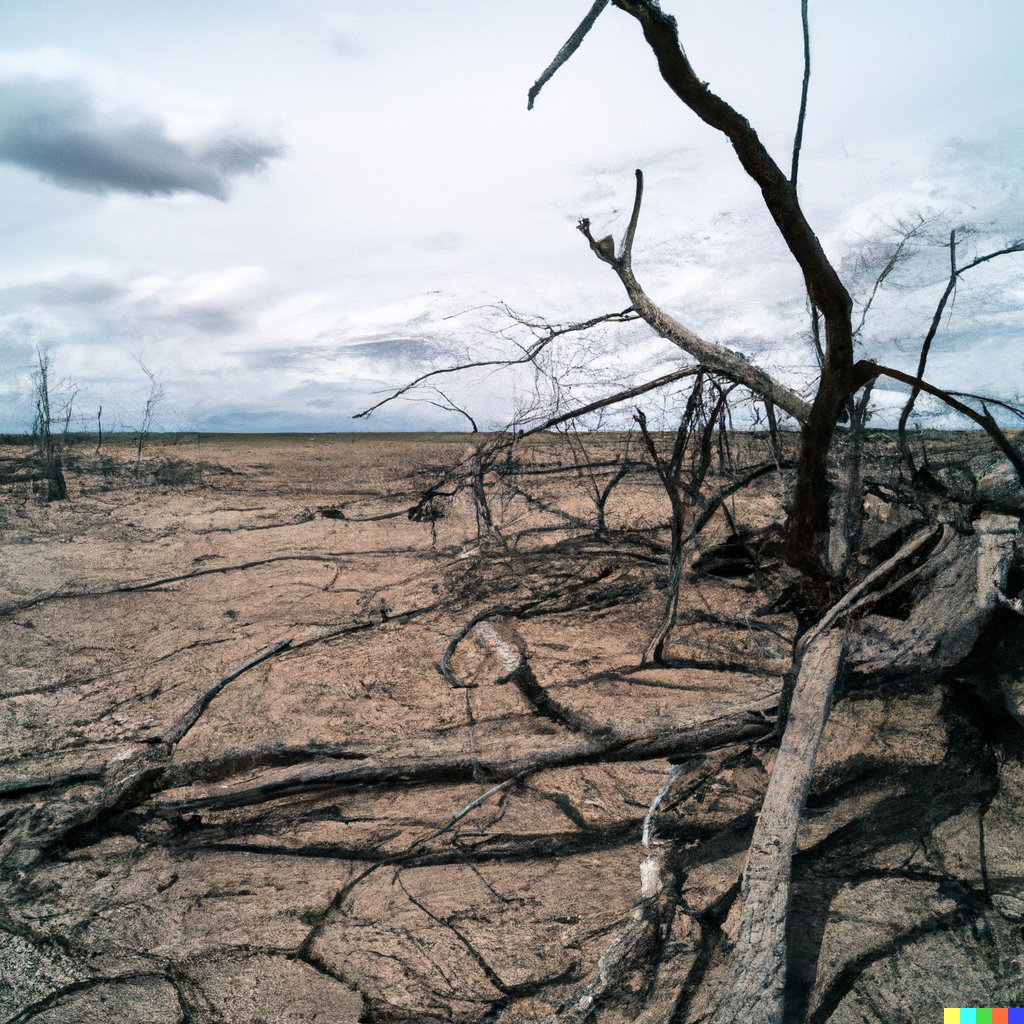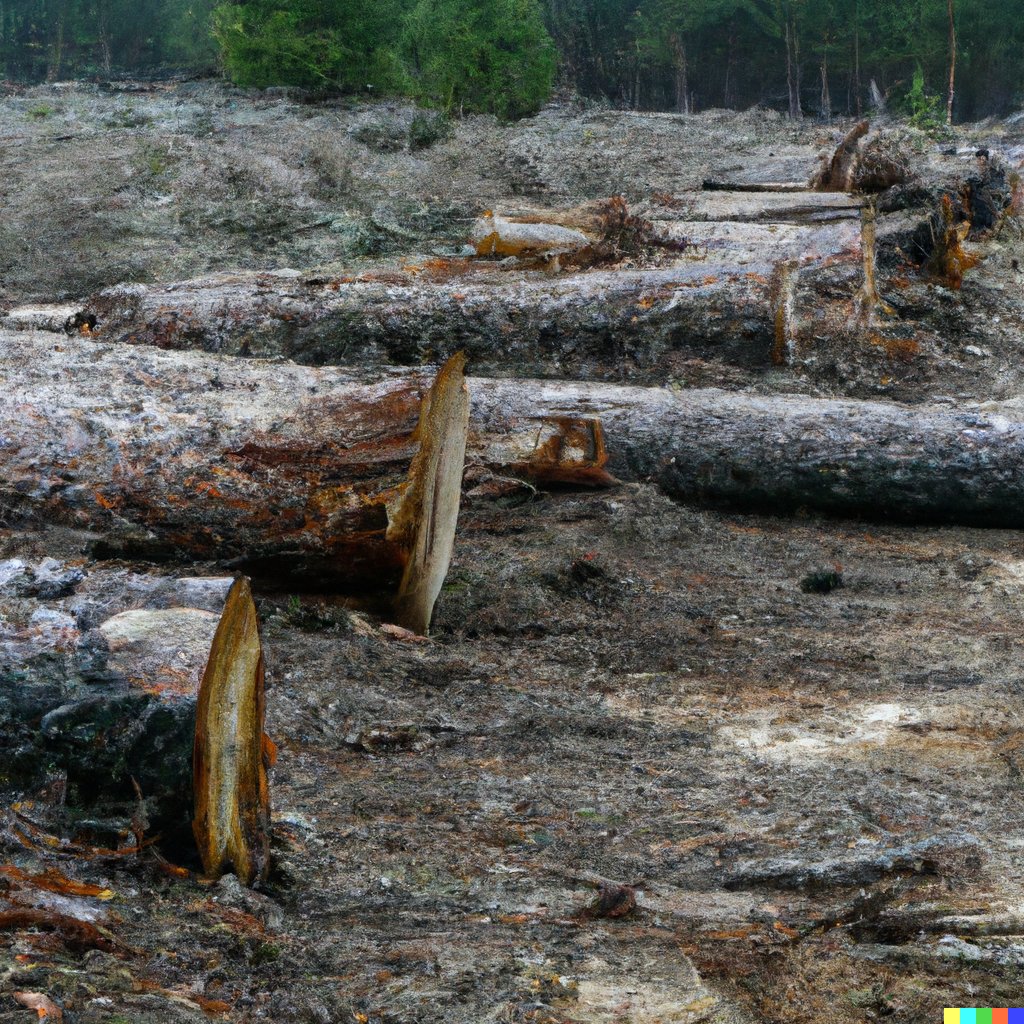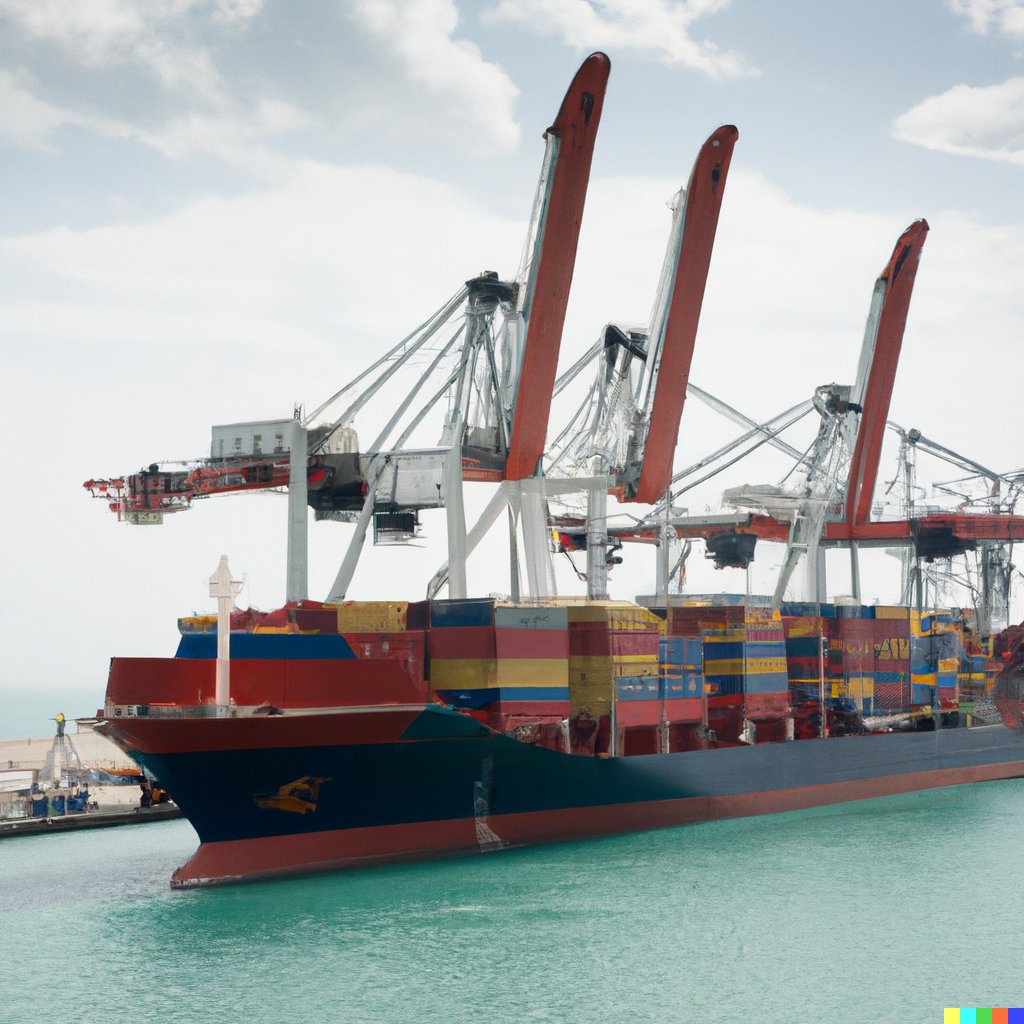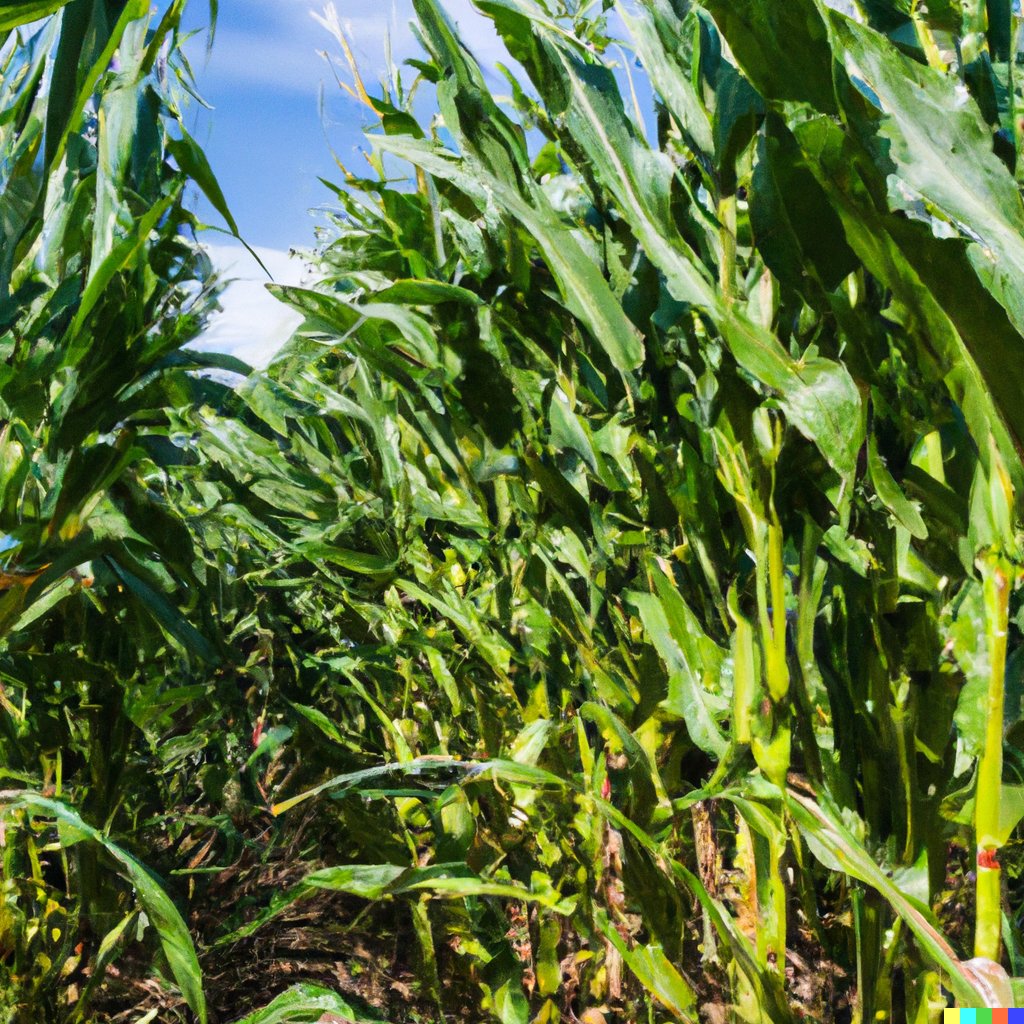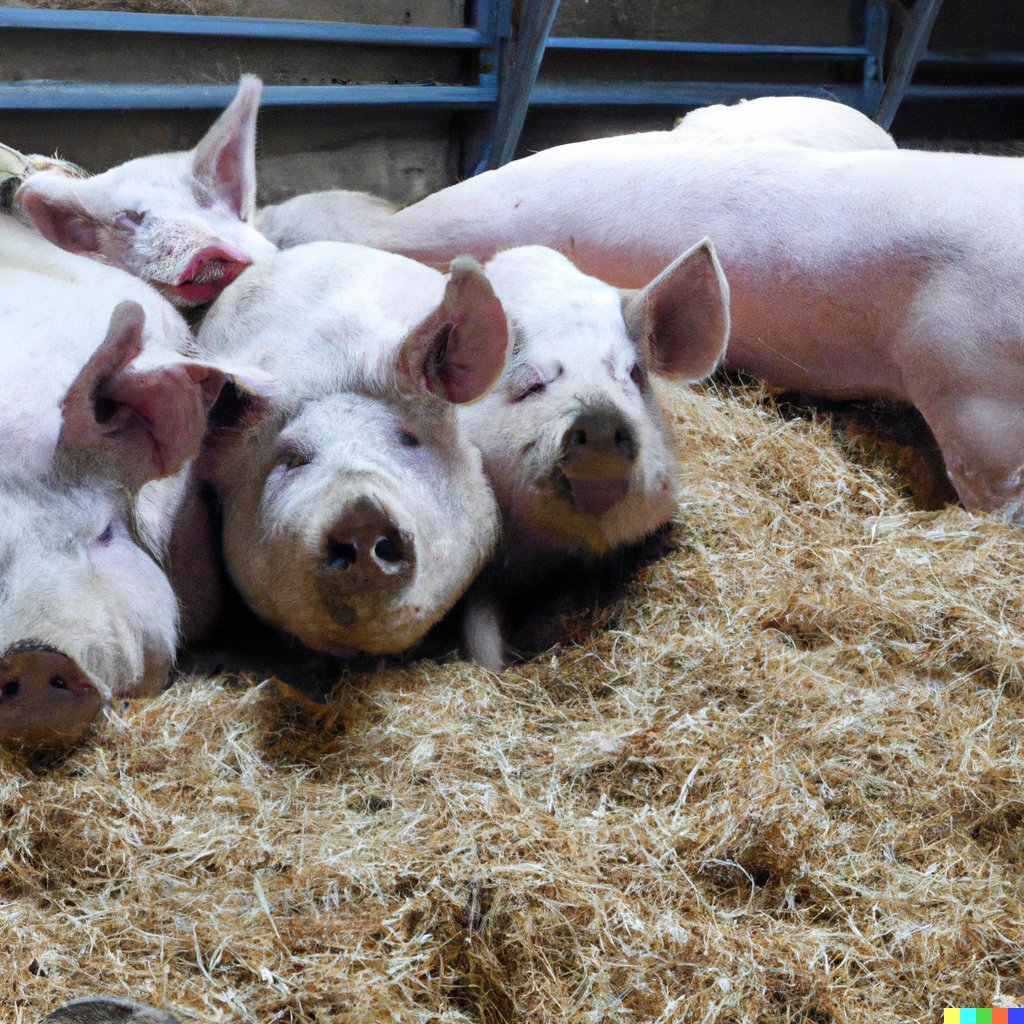
Protein Consumption and Its Impact on Rainforest Loss
Are you unknowingly contributing to the destruction of our precious rainforests? Every day, we make choices that impact the environment, including our consumption of protein. In this article, we will explore the connection between protein consumption and rainforest loss and how our choices can help preserve these vital ecosystems.
Agriculture and Livestock Farming
Agricultural Expansion and Livestock Farming are significant causes of deforestation. Rainforest is cleared for pastureland and to grow feed crops, which leads to environmental destruction and biodiversity loss. This has a direct effect on indigenous people, local communities, workers, groundwater, the rainforest ecosystem, and global climate health.
To understand the effects of Agriculture and Livestock Farming on rainforest loss, we should look at the key factors. The table below shows the link between meat production and deforestation and also between feed crops and land use.
Deforestation destroys natural water cycles and modern agriculture uses lots of groundwater to irrigate the crop. Not only does it inhibit rainfall but contaminates the groundwater with fertilizer, pesticides, herbicides, agriculture livestock feces while also releasing heavy metals from the soil.
|
Protein Production |
Meat Production and Deforestation |
Feed Crops and Land Use |
|
Impact Rainforest |
More meat products means more feed that requires more cropland more deforestation. |
Growing animal feed needs lots of land, leading to more deforestation. Gigantic amounts of pesticides antibiotics, conservatives and synthetic fertilizer is needed to grow crops |
|
Impact Ocean |
Consumer demand requires giant trawlers that empty the oceans entirely, high bycatch rates of over 50% |
Constant overfishing, pollution and CO2 acidification are drastically reducing the productivity of the ocean, keeping biomass and biodiversity low |
|
Black Soldier Fly Farm for Organic Waste |
produce big amounts of protein by converting fruits, vegetables, meat, fish, and other leftovers even feces into protein and making very good fertilizer |
little space can produce large amounts, can either be consumed directly from humans as they have high nutritional value, or feeding fish, poultry, reptiles, wild birds and animals, pigs, and many more, eggs produced by chicken fed with black soldier fly taste better and have a darker yellow to orange color |
|
Aquaponics at Home |
Produce fish like tilapia and catfish at home, over 200 kg of fish can be produced almost completely automatically while using leftovers and black soldier fly larvae- actively fight overfishing |
many fish and bycatch are caught and turned into omega 3 in fish feed, as there are currently no other sources, using sunlight in home aquaponics can grow algae for the fish to eat omega 3 completely independent from ocean-caught fish |
|
Chicken producing eggs |
Produce organic meat and eggs completely free from antibiotics, chickens can feed on black soldier fly larvae and leftovers, producing fertilizer |
usually soybean is used, insect protein offer better fats and fuller spectrum of protein, while making use of organic waste that chickens can’t consume |
Food systems that rely heavily on livestock farming cause significant global deforestation. We must be aware of the environmental problems our diets cause and take action to prevent them.
By investing in plant-based alternatives or supporting sustainable agricultural practices, we can reduce the demand for deforestation-linked products. This way, we can help save the rainforest ecosystems and their biodiversity. Let's not miss this chance to make a positive difference and preserve our planet for future generations. Soy production is growing, but maybe one day I'll have to call it 'Soy-ry Forest'.

Soy Production Expansion
Soybean Cultivation Expansion has caused many environmental issues. Deforestation in the Amazon rainforest, wildlife loss, habitat destruction, and disruption of indigenous communities are all consequences of this expansion.
Monoculture production has also decreased biodiversity and impacted ecosystem services while also requiring high amounts of herbicides, pesticides, and synthetic fertilizers. Global home growing initiatives and collaboration are needed to reduce the damage. The value of biodiversity and ecosystem services provided by the Amazon rainforest must be acknowledged.
Decentralized food production systems can help reduce reliance on large-scale soy production, thus minimizing the negative impacts. Alternatives to soybean cultivation, such as black soldier fly larvae, offer a more sustainable option to meet every human's nutritional needs for protein and fat. However, palm oil plantations are still on the rise, threatening to invade our protein shakes.
Palm Oil Plantations Impact
Palm oil plantations have a significant effect on the environment. They cause rainforest loss, biodiversity disruption, and ecosystem replacement. Demand for palm oil, used in many consumer goods, drives these plantations.
To regulate the palm oil industry, sustainable certification, and industry standards are very important but easily manipulated. To reduce negative impacts, fat sources like black soldier fly larvae are being looked at as alternatives to palm oil because of their high content of lauric acid.
To show the severity of the situation, here's a table of facts:
|
Metrics |
Current Data |
|
Oil Palm Plantations (ha) |
27,000,000 |
|
Rainforest Loss (ha) |
250,000 |
|
Species Disruption |
600 |
|
CO2 Emissions (tons) |
1.3M |
|
Indigenous Community Displacement (people) |
25,000 |
These numbers display the dire consequences of palm oil plantations on nature and indigenous communities. We must act now to avoid further damage. As consumers, we can make informed choices by only buying products sourced sustainably. This will encourage companies to prioritize environmental conservation while preserving our planet's biodiversity. Let us strive for a world where ecosystems and economic development can both thrive.
A majority of palm oil, 61%, is used to make biofuels, power, and heat, which could be used to make food for people instead of being burned, as a majority of palm oil grows with synthetic fertilizer made from fossil fuels. On paper, the energy is green, but logically it does not make any sense. Why are we not just burning the fossil fuel and eating the food? Please comment below on what you think. I’m against biofuels unless they are made up of organic waste, contaminated food, or other problems.
Pro Tip: Look for eco-friendly certifications when buying products with palm oil. Unsustainable fishing is like an 'all you can eat' buffet, but it brings ecological disaster, too.

Unsustainable Fishing Practices
Unsustainable fishing has bad effects on the marine environment and biodiversity. Overfishing can reduce fish populations, disrupting the balance of ecosystems. This harms coral reefs, which are important for biodiversity. Also, methods such as trawling can damage the ocean floor and leave no fish behind. Alternative proteins like aquaponics can help change this. Aquaponics solution to overfishing and fish farms. They lower the need for fishing and reduce agricultural pressure. With growing market size, the marketing gets more money driven and transparency becomes low because most people only have 10 seconds to compare two products and how many independent test can not be changed with with the right amount of money. New times require people to think about producing fish at home in order to help marine conservation.
How to start your own aquaponics system
An example is from a village near the coast. They used aquaponics as an alternative protein. This meant they did not have to depend on overfishing, yet still met their needs. This protected marine ecosystems and let the community take control of their food supply. It also helped global conservation.
Choosing between steak and rainforest? It's like deciding between a diet and deforestation. Let's not be too hungry for destruction.
Consumer Choices Importance
Consumer choices have a vital influence on forming market demand and the whole food system. Sustainable consumer behavior can bring about great changes in the market, leading to less need for meat from industrial animal farms and less deforestation due to agricultural land extension.
The power of the consumer: driving change for a sustainable future
Consumers have a huge influence on market demand. This ultimately affects the range of available products. Consumer choices cannot be underestimated, as they have a big impact on society and the environment.
- Market Demand: Consumer preferences shape the need for different goods, such as food. By selecting sustainable options, people can support eco-friendly practices and help to reduce climate change.
- Food System Change: Sustainable consumer behavior has the potential to revolutionize food production. It could enable individuals to grow their own food and keep a few of their own chickens and pigs, creating a self-sufficient and sustainable protein source with insects instead of relying on plant-based alternatives that destroy rainforests and pollute them with pesticides and herbicides.
- Lessening Meat from Animal Farms: Consumer decisions can lower the demand for meat from large-scale animal farms. This not only helps animal welfare but also cuts down the negative environmental effects of livestock production, like deforestation.
- Battling Deforestation: Agricultural expansion is a major cause of deforestation, which harms rainforests and biodiversity. Consumers can help fight it by buying sustainably sourced products and backing businesses that protect forests.
- Decreasing Food Waste: Consumer choices affect the amount of food wasted in the supply chain. By being careful about their consumption and picking locally produced foods, consumers can help reduce food waste and its environmental impact.
Moreover, enabling consumers to grow and produce their own food can provide sustainable protein sources without depending on plant-based alternatives.
The transformative impact of one chicken in everyone's home
Recognizing the significance of consumer choices underlines the necessity of looking into not only consumer habits but also other connected issues, such as food waste reduction. Motivating consumers to make mindful decisions regarding their protein and fat intake can lead to more resource-efficient use and help protect rainforests.
Pro Tip: Make a conscious effort towards a greener future by cutting down on your meat consumption and incorporating plant-based meals into your diet. Eating protein responsibly is not merely about saving the cows; it's also about securing our rainforests.
Supporting Sustainable Agriculture
|
Key Aspects |
Description |
|
Responsible sourcing |
Shop local to help the environment and grow the local economy. Game and local fish are especially sustainable. |
|
Encouraging sustainable practices |
Promote methods like aquaponics and permaculture for a healthy ecosystem and agricultural system. Hunting and fishing is also an option. |
|
Consumption of organic food |
Choose organic food to avoid harmful pesticides and chemicals. |
|
100% transparency |
See what's in your food without relying on labels by growing food. |
You can support sustainability while caring for the local ecosystem and helping rainforest conservation. Grow your own food to give local creatures like birds and insects living space and food. Rainforests are vital to Earth's climate system and take a long time to regrow once destroyed. Plus, many potential medical cures for diseases like cancer and AIDS may be discovered there.
Keep spreading awareness and actively implementing sustainable agriculture practices to ensure a sustainable future. Who knew eating a steak could have such an impact on rainforest loss?
Raising Awareness and Advocacy
Raising awareness and advocating for a cause is essential for promoting change. Spreading knowledge and educating the public can alter perspectives, leading to different global behaviors. Promoting sustainable practices helps us work towards environmental preservation. Our choices as consumers influence market policies, empowering us to support companies that prioritize rainforest protection. We must teach our children about environmental consciousness and food consumption. We must take direct action for rainforest preservation, not just rely on large corporations to make changes.
What is the connection between protein consumption and rainforest loss?
Protein consumption, particularly the demand for meat and dairy products, has been identified as a significant driver of rainforest loss due to the expansion of agricultural land to meet this demand.
How does protein consumption contribute to deforestation?
Protein consumption is a significant driver of deforestation as it leads to the expansion of agriculture for livestock production. This results in the clearing of large areas of natural forests to make room for pastureland and feed crops.
What are the environmental impacts of rainforest loss caused by protein consumption?
The environmental impacts of rainforest loss caused by protein consumption include loss of biodiversity, soil erosion, greenhouse gas emissions, and disruption of local ecosystems. It also contributes to climate change and the failure of natural resources.
How can reducing protein consumption help to combat rainforest loss?
Reducing protein consumption, particularly from animal sources, can significantly reduce the demand for agricultural land and help preserve rainforests. Alternatives like growing your own food, keeping chickens, aquaponics circular systems, and starting a black soldier fly larvae farm have a much lower environmental impact because they don’t require pesticides, antibiotics, or other chemicals and reuse organic waste.
What are some sustainable alternatives to protein consumption that can help to reduce rainforest loss?
Sustainable alternatives to protein consumption include growing your own food, keeping chickens, aquaponics circular systems, and starting a black soldier fly larvae farm. They have a much lower environmental impact because they don’t require pesticides, antibiotics, or other chemicals and reuse organic waste. Sustainable animal farming practices and local hunting and fishing do not contribute to deforestation.
How can individuals make a positive impact on rainforest conservation through their protein consumption choices?
Individuals can make a positive impact on rainforest conservation by reducing their consumption of meat and dairy products, choosing sustainably sourced and plant-based protein options, and supporting companies and organizations that promote sustainable practices and protect rainforests.
Conclusion
The impact of protein consumption on rainforest loss is a pressing concern that cannot be ignored. As the demand for protein continues to grow, it is essential to recognize the interconnectedness of our choices and their consequences for the environment. Deforestation for agriculture, soybean cultivation, palm oil production, and unsustainable fishing practices are all significant contributors to rainforest destruction.
By making informed and sustainable choices in our diets and supporting responsible agricultural practices, we can help mitigate the devastating effects of rainforest loss. Ultimately, collective efforts are necessary to protect these invaluable ecosystems and preserve the biodiversity and ecological balance they provide.







